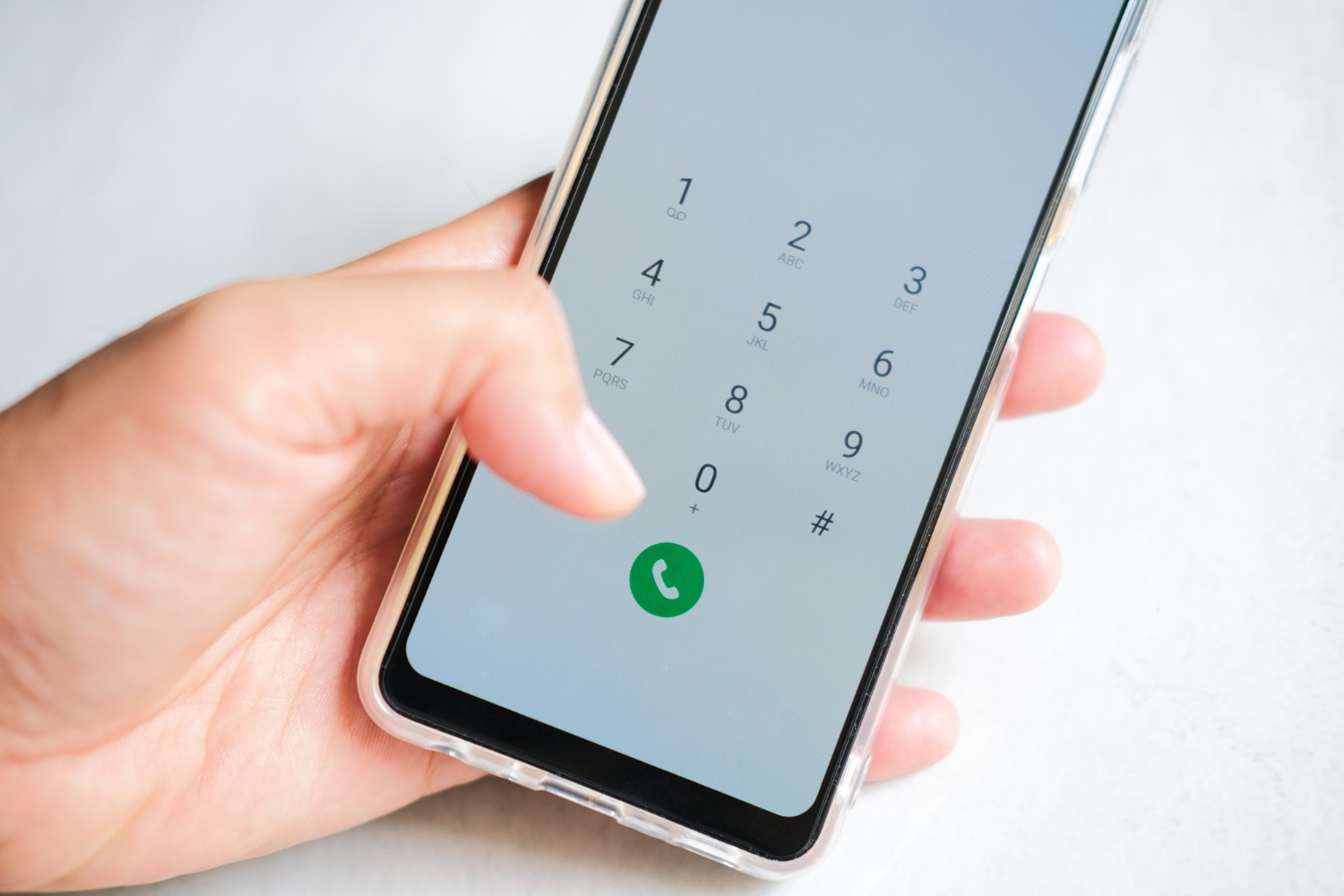In this blog we highlights the 5 key warning signs of a hacked VoIP system from unexpected charges to suspicious call logs and poor call quality. It explains how VoIP breaches can impact business finances, operations, and trust, while offering prevention tips like monitoring, encryption, and secure configurations. With remote work on the rise, investing in strong VoIP security ensures seamless communication and protects businesses from cyber threats.
In today’s fast-paced digital business world, VoIP security is a top concern for companies that rely on internet-based communication. VoIP (Voice over Internet Protocol) allows businesses to make cost-effective and flexible calls, often with advanced features that traditional phone systems cannot provide. However, like all internet-connected systems, VoIP is vulnerable to cyberattacks. A hacked VoIP system can expose sensitive data, result in unexpected charges, and even disrupt business operations.
The key to protecting your company lies in early detection. By understanding the VoIP hacking signs and the most common indicators of a VoIP system breach, you can safeguard your business and ensure smooth communication. Let’s dive into the five major warning signs that suggest your VoIP system may have been compromised.
1. Unexplained or Excessive Call Charges
One of the most common signs of a hacked VoIP system is unusual billing activity. Hackers often exploit VoIP lines to make international or premium-rate calls at the business’s expense.
- What to Watch For:
- Unexpectedly high monthly bills.
- Charges for calls to unfamiliar countries.
- Spikes in call volume during non-business hours.
This happens when attackers gain access to your VoIP phone number and route calls through your system without authorization. If you notice costs that don’t align with your business activity, it may indicate a VoIP system breach.
Prevention Tip: Implement call monitoring tools, set spending limits, and restrict international dialing if it’s not required for your business.
2. Poor Call Quality or Connectivity Issues
If your team frequently experiences lag, dropped calls, or static during conversations, it might not just be an internet problem. Sometimes, poor call quality can be an indicator of VoIP security issues.
- Hackers may be using your system’s resources, causing performance degradation.
- Unauthorized call routing may lead to VoIP hacking signs like audio delays and call interruptions.
While occasional glitches are normal, a consistent decline in quality could suggest a VoIP system breach.
Prevention Tip: Regularly monitor your network for unusual traffic patterns, and use firewalls or Session Border Controllers (SBCs) to safeguard communication.
3. Suspicious Call Logs or Unknown Numbers
Another red flag is seeing calls in your records that your company never made. Hackers often generate unauthorized traffic by exploiting VoIP phone numbers to mask fraudulent activity.
- VoIP hacking signs include:
- Calls made during off-hours or weekends.
- Connections to countries or numbers irrelevant to your business.
- Large clusters of short-duration calls.
If left unchecked, this not only inflates your bills but may also expose your company to legal risks if attackers use your system for fraudulent purposes.
Prevention Tip: Enable call log alerts and real-time reporting to quickly detect unusual activity.
4. Frequent System Crashes or Configuration Changes
A properly maintained VoIP system should run smoothly. If you’re experiencing sudden outages, frequent restarts, or settings that seem altered without authorization, these could be telltale signs of a hacked VoIP system.
- Hackers may reconfigure your call routing to siphon data.
- Security protocols could be turned off without your knowledge.
- Custom voicemail greetings or IVR menus may be altered.
These disruptions not only harm your business image but can also create backdoors for deeper system exploitation.
Prevention Tip: Limit administrative access, use strong authentication, and keep backups of your VoIP configurations to restore them if tampered with.
5. Employees Report Unusual Call Activity
Sometimes, the first people to notice VoIP hacking signs are employees. They may receive calls from unfamiliar sources, strange voicemails, or messages routed incorrectly. These issues could indicate someone is manipulating your VoIP phone number or intercepting calls.
Even worse, cybercriminals might use your compromised VoIP connectivity with worldwide mobile number solution to disguise scam operations, making it look like the call originated from your company. This puts both your reputation and client trust at risk.
Prevention Tip: Educate your staff on VoIP security, encourage them to report irregularities, and run regular system audits.
Why VoIP Security Matters More Than Ever
With the growing shift toward remote and hybrid work, VoIP has become a critical business tool. Yet, every internet-based system faces risks. The financial impact of a VoIP system breach can be severe ranging from inflated bills to stolen customer data. More importantly, a hacked VoIP system can damage your brand’s credibility and client trust.
Investing in proper VoIP security not only prevents losses but also ensures that your team can work confidently. A secure setup enables seamless VoIP connectivity with worldwide mobile number solution, letting your business expand globally without worrying about compromised communication.
How to Strengthen Your VoIP Security
If you want to minimize the risks of hacking, here are a few best practices:
- Use strong passwords and multi-factor authentication for all users.
- Update software and firmware regularly to patch vulnerabilities.
- Limit call routing to essential countries or regions.
- Work with reliable business VoIP service providers who offer built-in security measures.
- Enable encryption to protect calls and data transfers.
- Audit VoIP phone numbers frequently to ensure no unauthorized use.
Final Thoughts
A hacked VoIP system is not just a technical inconvenience it’s a business threat. Recognizing VoIP hacking signs early and taking immediate action can save your company from financial loss, legal complications, and reputational damage.
As VoIP adoption grows worldwide, prioritizing VoIP security is essential. Ensure your system is regularly monitored, keep your staff informed, and partner with trusted providers. By doing so, you’ll not only prevent a VoIP system breach but also enjoy reliable VoIP connectivity with worldwide mobile number solutions, empowering your business to operate securely on a global scale.
FAQs
Q1. What is the biggest risk of a hacked VoIP system?
The biggest risk is unauthorized access leading to fraudulent calls, inflated bills, and stolen sensitive information.
Q2. How can I tell if my VoIP phone number has been compromised?
Look for VoIP hacking signs such as unusual call logs, poor call quality, or international calls outside your business scope.
Q3. Can a VoIP system breach affect customer trust?
Yes. If attackers use your VoIP phone number to run scams, your customers may lose confidence in your brand.
Q4. How does VoIP security differ from traditional phone security?
Traditional phone systems rely on physical infrastructure, while VoIP is internet-based, making it more flexible but also more vulnerable to cyber threats.
Q5. What role do VoIP service providers play in preventing hacks?
Top providers offer advanced firewalls, encryption, and fraud detection, helping businesses reduce the risk of a VoIP system breach.










